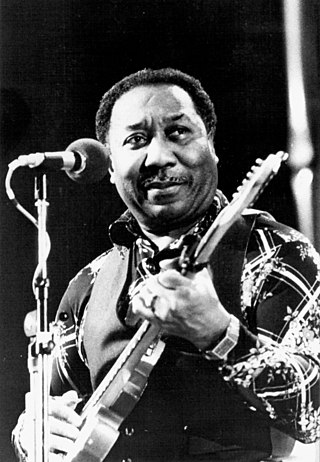
McKinley Morganfield, known professionally as Muddy Waters, was an American blues singer and musician who was an important figure in the post-World War II blues scene, and is often cited as the "father of modern Chicago blues". His style of playing has been described as "raining down Delta beatitude".
Electric blues is blues music distinguished by the use of electric amplification for musical instruments. The guitar was the first instrument to be popularly amplified and used by early pioneers T-Bone Walker in the late 1930s and John Lee Hooker and Muddy Waters in the 1940s. Their styles developed into West Coast blues, Detroit blues, and post-World War II Chicago blues, which differed from earlier, predominantly acoustic-style blues. By the early 1950s, Little Walter was a featured soloist on blues harmonica using a small hand-held microphone fed into a guitar amplifier. Although it took a little longer, the electric bass guitar gradually replaced the stand-up bass by the early 1960s. Electric organs and especially keyboards later became widely used in electric blues.
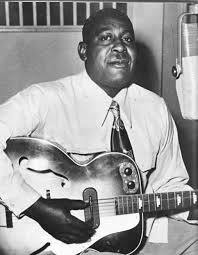
Arthur William "Big Boy" Crudup was an American Delta blues singer, songwriter and guitarist. He is best known, outside blues circles, for his songs "That's All Right" (1946), "My Baby Left Me" and "So Glad You're Mine", later recorded by Elvis Presley and other artists.
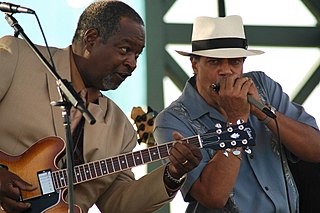
Carl Weathersby is an American electric blues vocalist, guitarist, and songwriter. He has worked with Albert King and Billy Branch, among others. He is now a solo artist. He was nominated for the W. C. Handy Award for Best New Blues Artist in 1997.
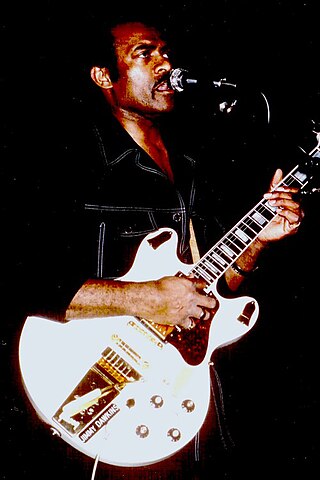
James Henry “Jimmy” Dawkins was an American Chicago blues and electric blues guitarist and singer. He is generally considered to have been a practitioner of the "West Side sound" of Chicago blues.
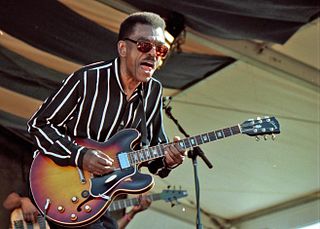
Sylvester Johnson was an American blues and soul singer, musician, songwriter and record producer. His most successful records included "Different Strokes" (1967), "Is It Because I'm Black" (1969) and "Take Me to the River" (1975).

Joseph Benjamin Hutto was an American blues musician. Influenced by Elmore James, Hutto became known for his slide guitar playing and declamatory style of singing. He was inducted into the Blues Hall of Fame two years after his death.

Edward Harrington, better known by his stage name Eddy Clearwater, was an American blues musician who specialized in Chicago blues. Blues Revue said he plays "joyous rave-ups…he testifies with stunning soul fervor and powerful guitar. One of the blues' finest songwriters."
Mississippi Heat is an American blues band based in Chicago, led by harmonica player Pierre Lacocque. Formed in 1991, the band has toured in the United States, Canada, and Europe, with occasional performances in South America and North Africa.

Eddie Shaw was an American Chicago blues tenor saxophonist, arranger and bandleader. He led Howlin' Wolf's band, the Wolf Gang, from 1972, both before Wolf's death in 1976 and subsequently.

Jimmy Burns is an American soul blues and electric blues guitarist, singer and songwriter. Although he was born in the Mississippi Delta, Burns has spent nearly all his life in Chicago. His elder brother, Eddie "Guitar" Burns, was a Detroit blues musician.
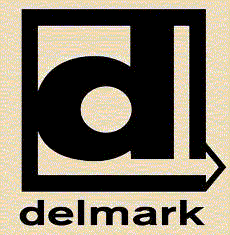
Delmark Records is an American jazz and blues independent record label. It was founded in 1958 as Delmar Records and is based in Chicago, Illinois. The label originated in St. Louis, Missouri, in 1953 when then owner, and founder, Bob Koester released a recording of the Windy City Six, a traditional jazz group, under the Delmar imprint.
Kingston Mines is a blues nightclub in Lincoln Park, Chicago, Illinois. It is named after Kingston Mines, Illinois, and is "the oldest, continuously operating blues club in Chicago."

Michael Lewis Wheeler is a Chicago blues songwriter, vocalist, and guitarist. His first gig was with Muddy Waters' piano player, Lovie Lee. He performed with numerous Chicago bands and well-known artists such as Koko Taylor, Buddy Guy, and Shemekia Copeland. He formed his own band, the Mike Wheeler Band, in 2001.His CD, Self Made Man, was released by Delmark Records in 2012 with critical acclaim. He was inducted into the Chicago Blues Hall of Fame in 2014. He is a regular performer at the famed Chicago blues club, Kingston Mines.
Robert "Big Mojo" Elem was an American Chicago blues bass guitarist and singer. Although he recorded only one studio album in his long career, Elem was a part of the Chicago blues scene for over forty years. He variously backed Arthur "Big Boy" Spires, Lester Davenport, Freddie King, Magic Sam, Junior Wells, Shakey Jake Harris, Jimmy Dawkins, Luther Allison, and Otis Rush.
Fabrizio Rodio billed professionally as Breezy Rodio is an Italian born, American based Chicago blues singer, guitarist, and songwriter. He has been based in Chicago, Illinois, for over 20 years and has released six albums in his own name. His musical style was described by his record producer as "Chicago West Side Modern Blues".
Demetria M. Taylor is an American Chicago blues singer and songwriter. Her father was Eddie Taylor, a fellow Chicago blues musician. Her step-brother Larry Taylor is a blues drummer and vocalist, and her brother Eddie Taylor Jr. was also a Chicago blues musician prior to his death in 2019, at the age of 46. Taylor's mother, Vera (Leevera), was the niece of the bluesmen Eddie "Guitar" Burns and Jimmy Burns, and maintained an intermittent career as a singer until her death in 1999.
James Wheeler was a Chicago blues guitarist, singer and songwriter. He was the younger brother of fellow blues musician Golden "Big" Wheeler. Compared to his brother, he was something of a latecomer to the blues, as he did not start playing until his late teens, but had a career lasting over half a century. Wheeler was hosting a regular jam night at Rosa's Lounge in Chicago up until his death.











